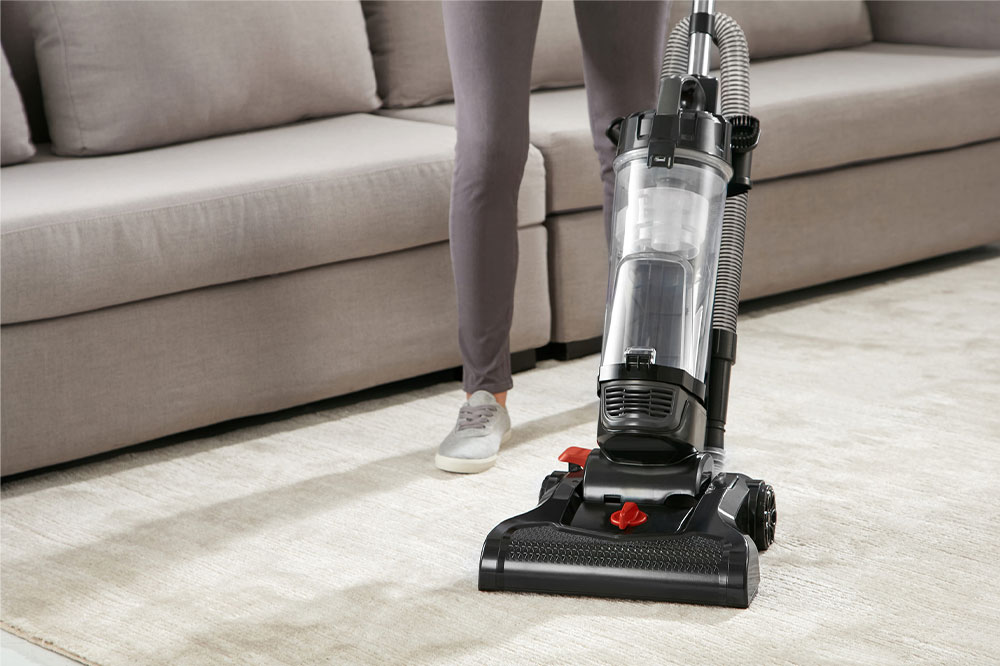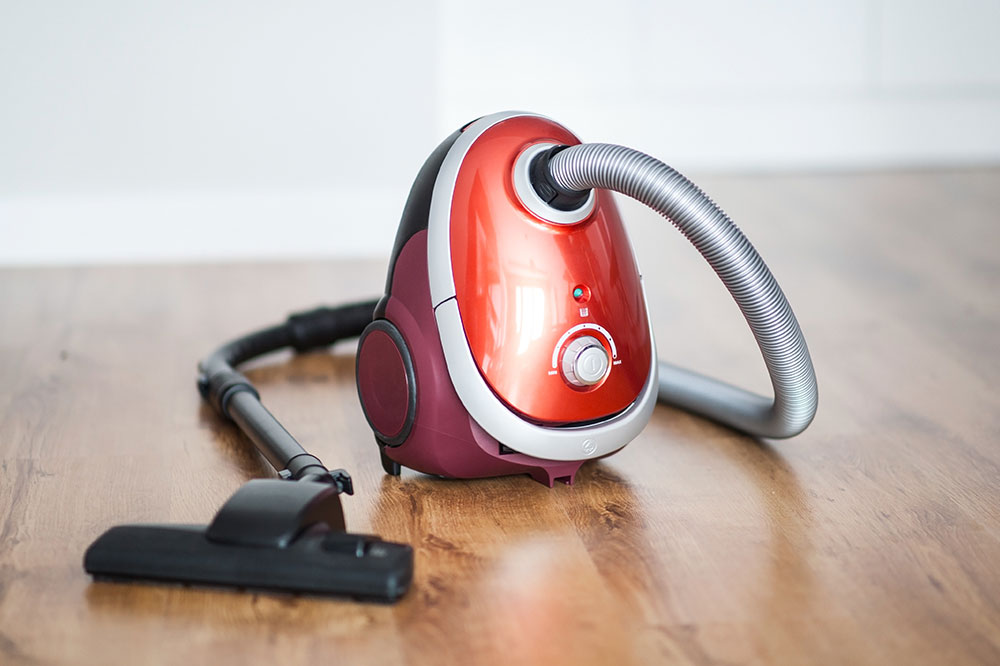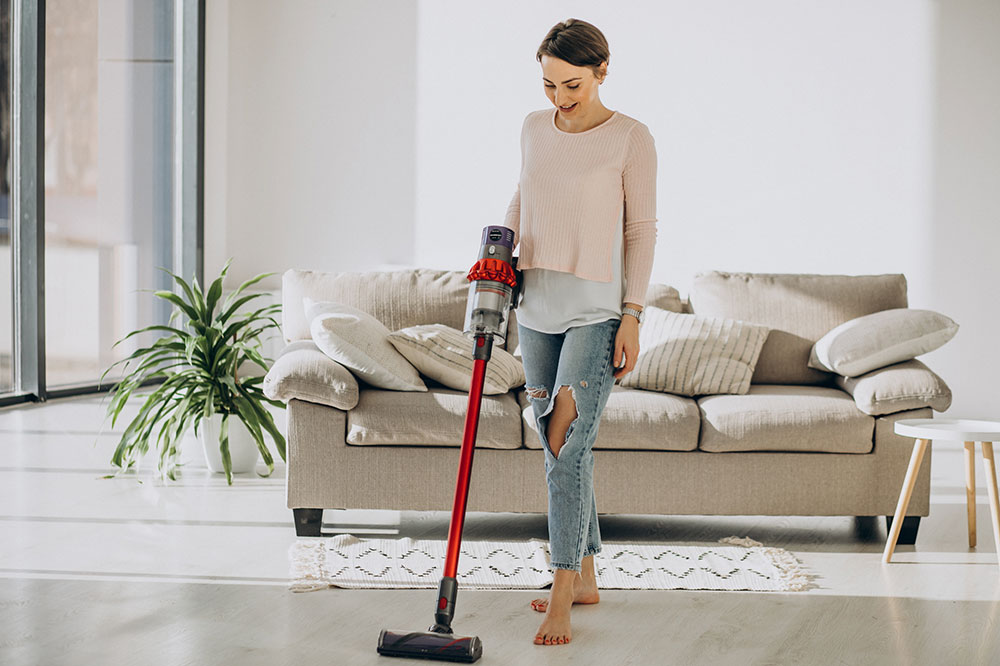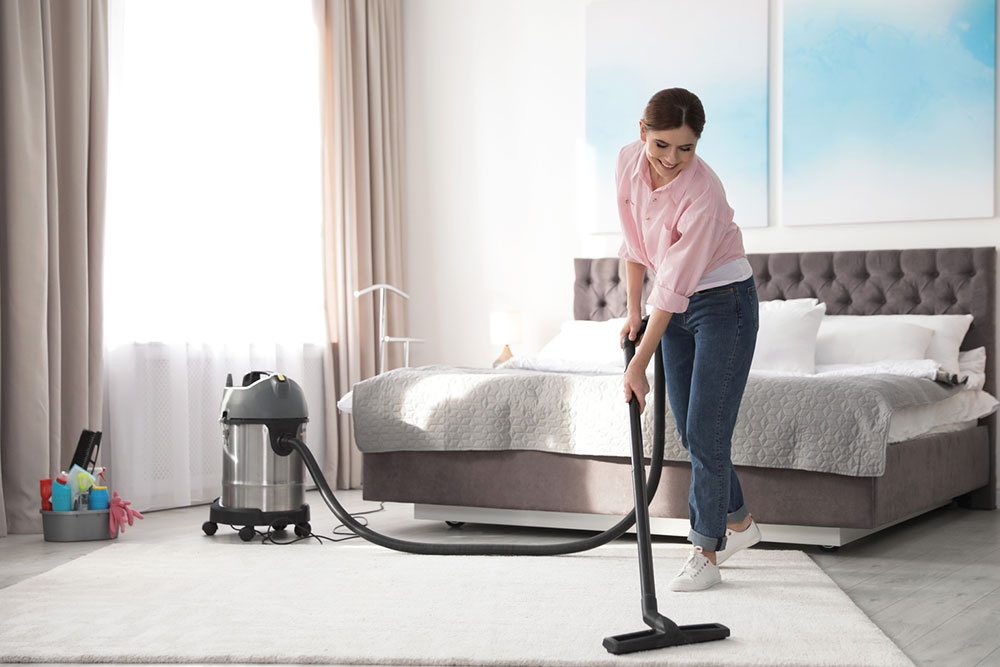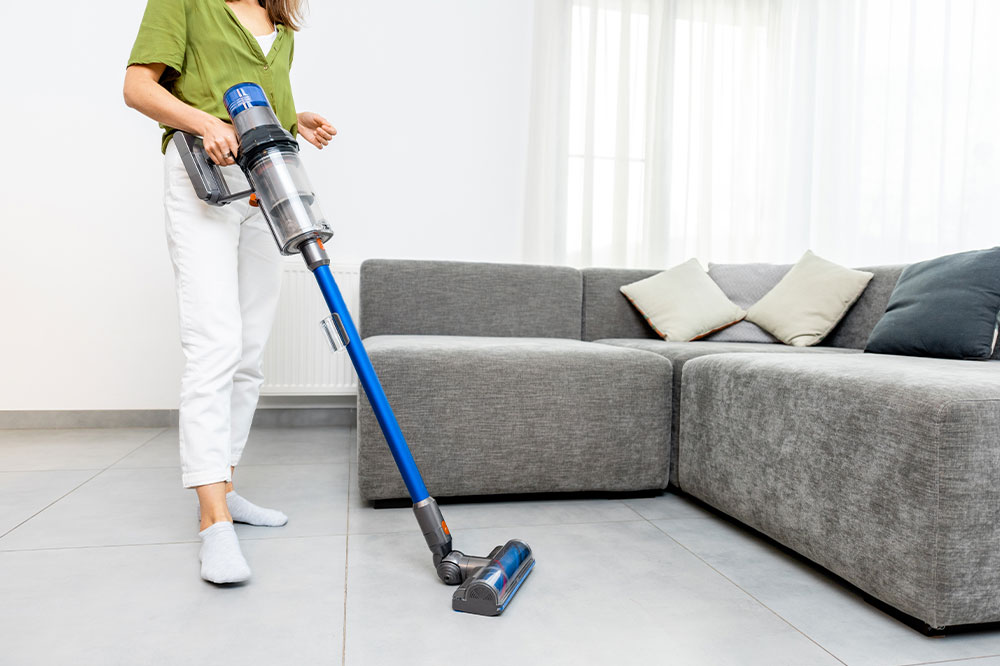Top 6 Common Vacuuming Errors to Avoid
Avoid common vacuuming mistakes with this guide to ensure efficient cleaning and prolong your appliance's life. Learn about proper attachment use, filter maintenance, emptying dust bags, avoiding liquids, clearing debris, and inspecting cords to prevent damage and safety hazards.
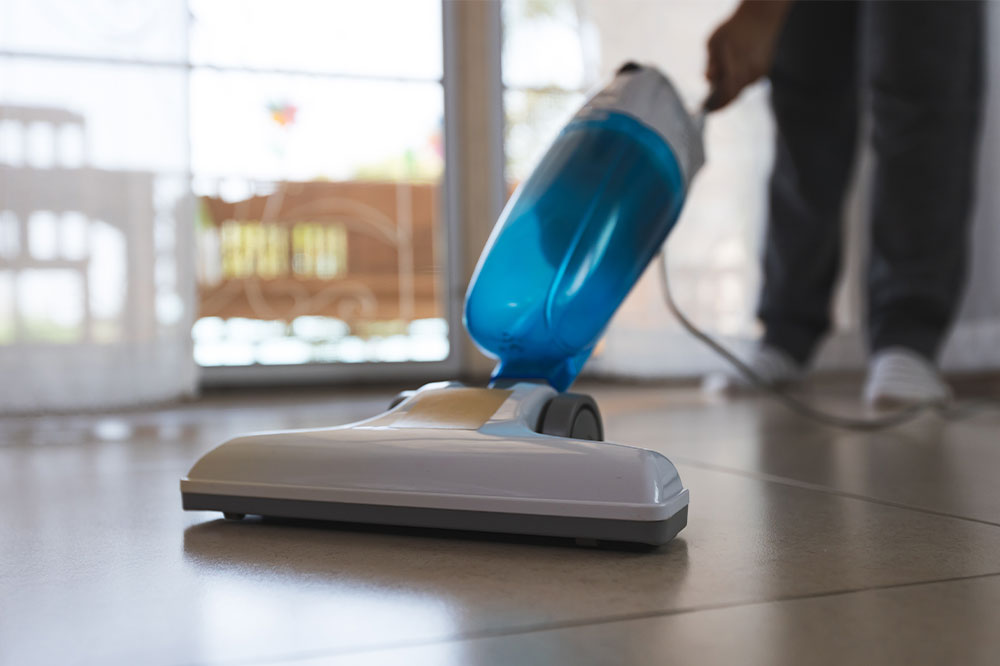
Proper vacuuming is essential to maintain cleanliness and prevent damage to your furniture and appliances. Many users unknowingly make mistakes that can lead to costly repairs or reduced efficiency. Knowing and avoiding these common errors can prolong your vacuum cleaner’s lifespan and ensure effective cleaning.
Choosing Incorrect Attachments
Vacuum cleaners offer various attachments for specific tasks. Using the wrong accessory for a surface can reduce cleaning effectiveness and strain the machine, leading to quicker wear and tear.
Neglecting Filter Maintenance
Filters trap dust particles, ensuring cleaner air. Dirty filters decrease performance and may release dust back into the environment. Regularly clean washable filters and replace disposable ones as recommended.
Ignoring Full Dust Bags
Full vacuum bags hinder suction power, forcing you to vacuum multiple times over the same spot. Regular emptying keeps the vacuum operating efficiently and extends its lifespan.
Vacuuming Liquids
Using a standard vacuum for water spills can damage the device and pose safety risks. Use wet-dry models for liquid cleanup to avoid harm and ensure safety.
Failing to Remove Hard Debris
Objects like coins, screws, or stones can damage internal components. Always check the area and clear hard objects before vacuuming to prevent costly repairs.
Using Damaged Power Cords
Yanking cords instead of unplugging can weaken the cable and cause electrical hazards. Inspect cords regularly and replace damaged ones for safe operation.
Disclaimer:
The information shared here is for general guidance. Readers should verify details for their specific appliances, as some information may vary. The site is not responsible for any inaccuracies or damages resulting from the use of this advice.

